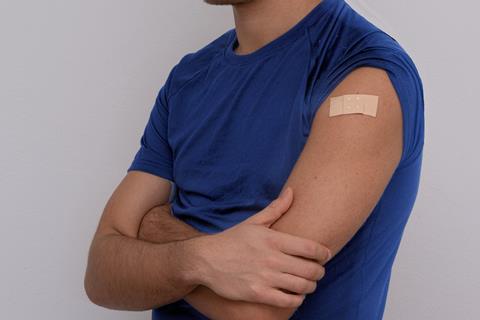Vaccines work by equipping our immune systems to fight an invading virus. When we get vaccinated against COVID-19, specialized immune cells known as B cells learn to recognize the virus. If we subsequently get infected with COVID, these B cells will quickly manufacture antibodies to attack and destroy the virus. However, because the mRNA vaccines developed for COVID-19 are so new, researchers did not know exactly which B cells were called into action.

Now, in a study published in Nature Communications, a team of researchers from Osaka University has pinpointed the B cells responsible for boosting COVID-19 immunity after vaccination.
READ MORE: COVID vaccination before infection strongly linked to reduced risk of developing long covid
READ MORE: Comprehensive meta-analysis pinpoints what vaccination strategies different countries should adopt
“Several different types of B cells can be activated after vaccination, but it was not clear which B cells responded to the COVID-19 mRNA vaccine,” says lead author David Priest. “We found that blood from people who were vaccinated against COVID-19 contained activated atypical B cells. These B cells are the main responders to the vaccine because they are highly correlated with the serum antibody response against the COVID-19 virus.”
Classical B cells
The team used a method called mass cytometry to examine and identify individual cells within the two known groups of B cells. These groups are classical B cells, which are common in human blood, and non-classical B cells. The newly discovered activated atypical cells fall into the non-classical group. The team also found these cells in the blood of patients who were infected with COVID-19.
“Activated atypical B cells provide a new way to assess how well people respond to COVID-19 vaccination. They also give us a new understanding of the underlying biology of mRNA vaccination,” explains senior author James Wing. “Now that we know these B cells are the primary responders to mRNA vaccines, we can work toward targeting them in future vaccine designs.”
With the help of this study, researchers may be able to develop improved updates to current COVID-19 vaccines as well as better candidate vaccines to help prevent future pandemics.







No comments yet